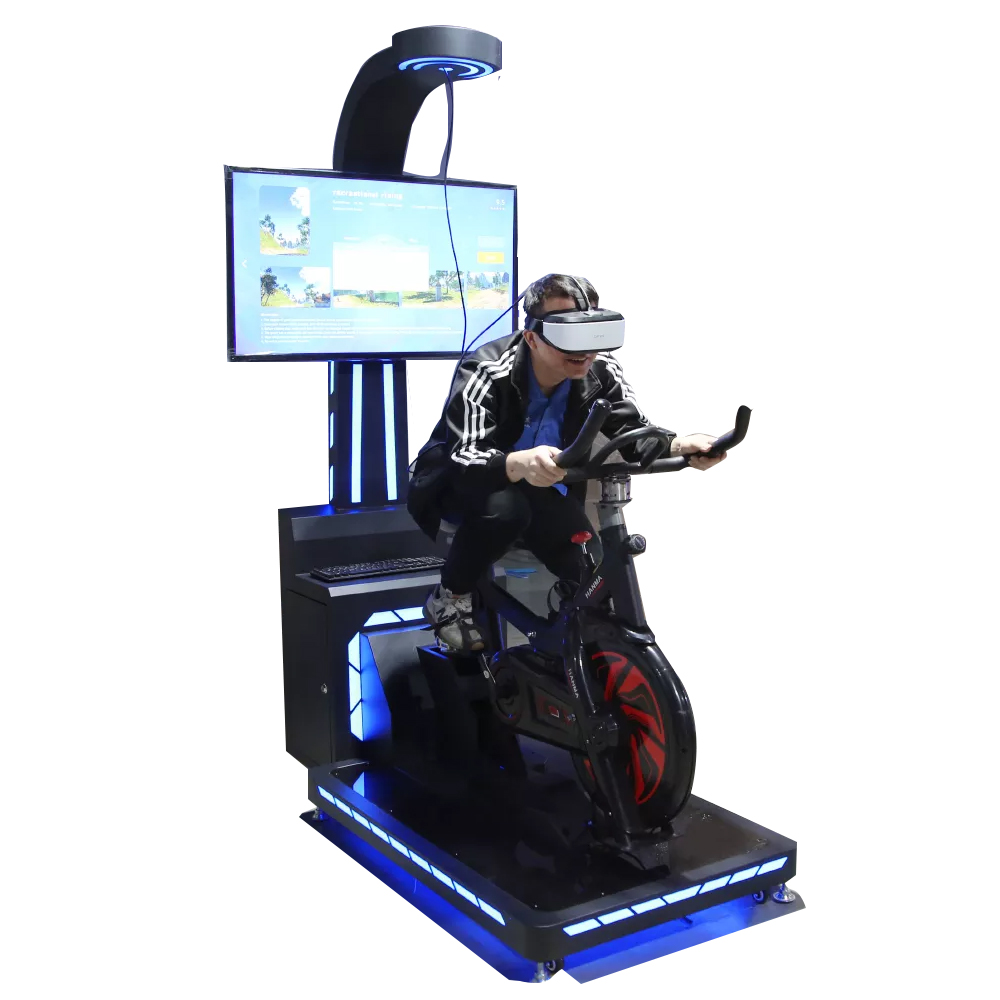Virtual Reality (VR) simulator machines have revolutionized the entertainment, gaming, and training industries by offering immersive and captivating experiences. From thrilling roller coasters to realistic flight simulations, VR simulator machines have become a popular attraction for both consumers and businesses. However, one common question that arises is: What is the price of a VR simulator machine? The cost of a VR simulator machine can vary significantly based on various factors, and in this article, we will delve into the key considerations that influence the price of these innovative devices.
Factors Affecting the Price
Type of Simulator: The type of VR simulator machine plays a significant role in determining its price. Simulators can range from single-seat experiences like VR bike or rowing simulators to more elaborate setups such as multi-seat roller coasters or flight simulators. As the complexity and scale of the simulator increase, so does the cost.
Technology and Features: The level of technology and features integrated into the VR simulator machine directly impacts its price. High-end simulators often include advanced motion platforms, haptic feedback systems, 4D effects (such as wind, heat, and scent), and interactive controls. These enhancements enhance the immersion but also contribute to a higher price point.

Content Library: The quality and quantity of content available for the VR simulator machine can influence its cost. Simulators with a diverse range of engaging and interactive experiences may come with a higher price tag due to the development and licensing costs associated with the content.
Brand and Manufacturer: Well-established brands and manufacturers with a reputation for producing high-quality VR simulator machines may command higher prices. The brand's track record, reliability, and customer support services can contribute to the overall cost.
Customization and Upgrades: Some manufacturers offer customization options and the ability to upgrade components or features. Customization allows businesses to tailor the simulator to their specific needs, but it may come at an additional cost.
Multiplayer and Networking Capabilities: VR simulator machines with multiplayer or network capabilities for competitive or collaborative experiences may have a higher price due to the complexity of integrating synchronized gameplay.
Size and Footprint: Larger simulators with multi-seat setups or dedicated play areas require more space and infrastructure, which can influence the overall cost.
Maintenance and Support: Consideration should be given to the cost of maintenance, repairs, and technical support services over the lifespan of the VR simulator machine.
Market Demand and Competition: Market demand and competition can impact pricing. Higher demand or limited competition may lead to higher prices, while increased competition could lead to more competitive pricing.
Leasing or Rental Options: Some businesses offer leasing or rental options for VR simulator machines, which can provide more affordable access to the technology without the upfront cost of purchasing.
Conclusion
The price of a VR simulator machine can vary widely based on factors such as the type of simulator, technology, features, content library, brand, customization options, and market demand. Businesses and individuals interested in acquiring a VR simulator machine should carefully assess their needs, budget, and intended use to determine the most suitable option. While high-end simulators may come with a significant investment, they offer the potential for engaging and memorable experiences that can attract audiences, enhance training, and provide hours of entertainment. As the VR industry continues to evolve, the price range and options for VR simulator machines are likely to expand, providing a diverse array of choices for those looking to explore the world of virtual reality.




Comments
Please Join Us to post.
0